February marks National Cancer Prevention Month, a time dedicated to raising awareness about cancer risks and the steps we can take towards its prevention. Among various strategies, holistic cancer treatments and alternative cancer prevention have garnered significant attention, with functional mushrooms emerging as a key area of interest. These ancient fungi, revered in traditional medicine for centuries, are now at the forefront of modern scientific research for their potential to support the body's defence mechanisms against cancer.
Mycotherapy for Cancer
This exploration aims to shed light on immune-boosting mushrooms and their bioactive mushroom extracts, like polysaccharides and beta-glucans, and how these elements might contribute to cancer prevention. Navigating through recent studies and clinical trials provides a nuanced understanding of the role these mushrooms could play in a comprehensive cancer prevention strategy.
Functional Mushrooms: Cancer Prevention Mushrooms
Functional mushrooms have been a cornerstone in traditional medicine across various cultures for centuries. In Eastern medicine, particularly in Chinese and Japanese practices, mushrooms have long been used for their health-promoting properties. Today, this ancient knowledge is gaining attention in Western medicine, sparking interest in the potential health benefits of these fungi.
Healing Mushrooms in Cancer
Among the numerous varieties of psilocybin-free functional mushrooms, a few stand out for their significant health properties. Reishi, known scientifically as Ganoderma lucidum, is highly valued for its immune-boosting capabilities. Shiitake (Lentinula edodes) is not just a culinary delight but is also recognized for its potential to support cardiovascular health and immune function. Maitake (Grifola frondosa), sometimes called 'Hen of the Woods,' is another variety studied for its possible effects on blood sugar regulation and immune system enhancement.
Turkey Tail mushroom benefits (Trametes versicolor), with its distinctive fan-like appearance, is particularly notable for its use in supporting cancer treatment, especially in enhancing the efficacy of chemotherapy.
These mushrooms contain a range of potential anti-cancer mushroom compounds that contribute to their health-promoting effects. Polysaccharides, notably beta-glucans, are abundant in these fungi and are known for their role in immune system modulation. They activate various immune cells, such as macrophages and natural killer cells, vital for maintaining the body's defence against pathogens and possibly cancerous cells.
Understanding the active compounds in preventative health mushrooms provides a foundation for comprehending how these natural products might contribute to health and disease prevention. As research continues to unfold, the traditional use of these mushrooms is increasingly supported by scientific findings, offering promising insights into their role in health maintenance and disease prevention strategies.
Traditional Medicine Cancer Prevention: Evidence-Based Mushroom Benefits
Functional mushrooms have long been part of traditional medicine, and recent research has highlighted their potential in cancer care. Among these, Turkey Tail mushrooms have emerged as one of the most popular and well-researched varieties worldwide. This focus on Turkey Tail mushrooms is backed by a wealth of studies investigating their role in combating various forms of cancer.
Turkey Tail mushrooms have been extensively studied for their potential in cancer treatment. Completed research encompasses a broad range of studies, from in vitro (test tube) experiments and animal studies to human clinical trials. These investigations have collectively contributed to a deepening understanding of the mushroom's potential benefits in addressing several cancer types, including gastrointestinal, breast, and lung cancers.
Turkey Tail Nutritional Profile: PSK in Turkey Tail
One of the most significant advancements in this area is the understanding of Polysaccharide Krestin (PSK), a compound derived from Turkey Tail mushrooms [1]. PSK has gained prominence in Japanese cancer treatment, reflecting the country's long-standing integration of traditional functional practices with modern oncology [1].
Since its approval by the Japanese National Health Registry in 1977, PSK has become a cornerstone of Japan's standard cancer treatment protocols. This adoption is not only a testament to its perceived effectiveness but also highlights its impact on the country's healthcare system, where it accounts for a significant portion of cancer care expenditures.
Turkey Tail for Chemotherapy Support
Studies on PSK show promising results in improving survival rates for breast cancer patients [1]. Research has highlighted PSK's ability to enhance both disease-free and overall survival, particularly in cases of breast cancer. This effect is evident in patients with estrogen receptor (ER)-positive and ER-negative breast cancers [1].
For patients with ER-negative breast cancer, a combination of PSK and chemotherapy has been associated with notably improved survival rates. Furthermore, when used alongside chemotherapy, PSK has shown the potential to enhance the prognosis for patients exhibiting vascular invasion in breast cancer tissues.
Turkey Tail Immune Support: Functional Fungi and Cancer Research
The contemporary landscape of cancer treatment is revisiting concepts first proposed by surgeon William Coley in the 1980s. Coley's approach involved injecting streptococcal bacteria to elicit an immune response against tumours. This strategy relies on the immune system's reaction to liposaccharide, a bacterial toxin that interacts with Toll-Like Receptors (TLRs).
Today, TLRs are at the forefront of emerging cancer immunotherapies, marking a significant and promising shift in the approach to treating cancer [1]. This resurgence in interest underscores the ongoing exploration of innovative and potentially effective treatments in the battle against cancer.
Toll-like receptors are crucial proteins located on the surface of immune cells, such as dendritic cells and macrophages, acting as sentinels against foreign invaders. They trigger the release of inflammatory signals, activating vital immune cells, including T and B cells. Recent studies have highlighted TLRs' significant role in cancer treatment. It has been observed that the immune-modulating effects of Turkey Tail mushrooms may be partly mediated through TLRs [1].
Research from the Bastyr University/University of Minnesota Myco-Immunology Center suggests that PSK from Turkey Tail mushrooms promotes the secretion of TNF, an immune signalling molecule [1]. This response is believed to involve the activation of TLR-4, offering compelling evidence to explore Turkey Tail mushrooms further in cancer immunotherapy.
Additionally, research has highlighted the potential role of beta-glucans from Turkey Tail mushrooms in enhancing cancer treatment. While monoclonal antibodies are a prevalent form of cancer therapy, their effectiveness in tumour eradication can be limited. Studies, including one that used a mouse lymphoma model, have shown that combining beta-glucans with anti-tumour monoclonal antibodies can lead to more significant tumour regression than using either treatment alone [1].
Notably, combining the monoclonal antibody rituximab with 1,3-beta-D-glucan improved survival rates without adverse effects [1]. This finding indicates that the efficacy of monoclonal antibodies such as rituximab, trastuzumab, and cetuximab could be substantially enhanced when used alongside beta-glucan polysaccharides. This presents an exciting avenue for integrating natural compounds like beta-glucans with conventional cancer therapies to improve treatment outcomes.
Research on Turkey Tail mushrooms has also revealed their ability to modulate TH2 cytokines, suggesting additional benefits in cancer therapy [2]. Some research indicates that an increased TH2 response might be counterproductive for cancer patients. This is because it leads to a decrease in IFN-γ, a cytokine vital for enhancing the immune response against cancer cells [2]. On the other hand, a TH1 cytokine profile, characterized by higher levels of IFN-γ, is considered more beneficial in combating cancer [2]. Turkey Tail mushrooms have been observed not only to reduce TH2 activity but also to boost IFN-γ levels and encourage a TH1 response, both actions being advantageous in cancer treatment [2].
A comprehensive review of multiple studies examining the impact of Turkey Tail mushrooms has shown an increase in survival rates among cancer patients who included Turkey Tail in their treatment [2]. This improvement was particularly noted in patients with breast, gastric, and colorectal cancers. These findings highlight the potential of Turkey Tail mushrooms as a valuable component in cancer treatment strategies, offering a natural approach to enhancing the body's immune response against cancer.

Integrative Cancer Care Mushrooms
As we observe National Cancer Prevention Month, it's clear that our fight against cancer encompasses a blend of advanced medical treatments and natural remedies, with functional mushroom therapy playing a significant role. However, mushroom-based cancer prevention extends beyond any single solution. It involves a holistic approach to health and lifestyle. Regular exercise, a balanced diet rich in natural cancer-fighting foods like fruits, vegetables, and whole grains, maintaining a healthy weight, avoiding tobacco, limiting alcohol intake, and protecting skin from the sun are all crucial steps in reducing cancer risk.
Additionally, regular screenings and being aware of family medical history can lead to early detection, significantly improving treatment outcomes. As we continue exploring and embracing the synergies between traditional remedies and modern medicine, let's commit to these everyday lifestyle choices that contribute to our overall health and well-being. This National Cancer Prevention Month, let's renew our commitment to a healthier lifestyle, proactive prevention strategies, and embracing the promising potential of natural therapies in our journey towards a cancer-free future.



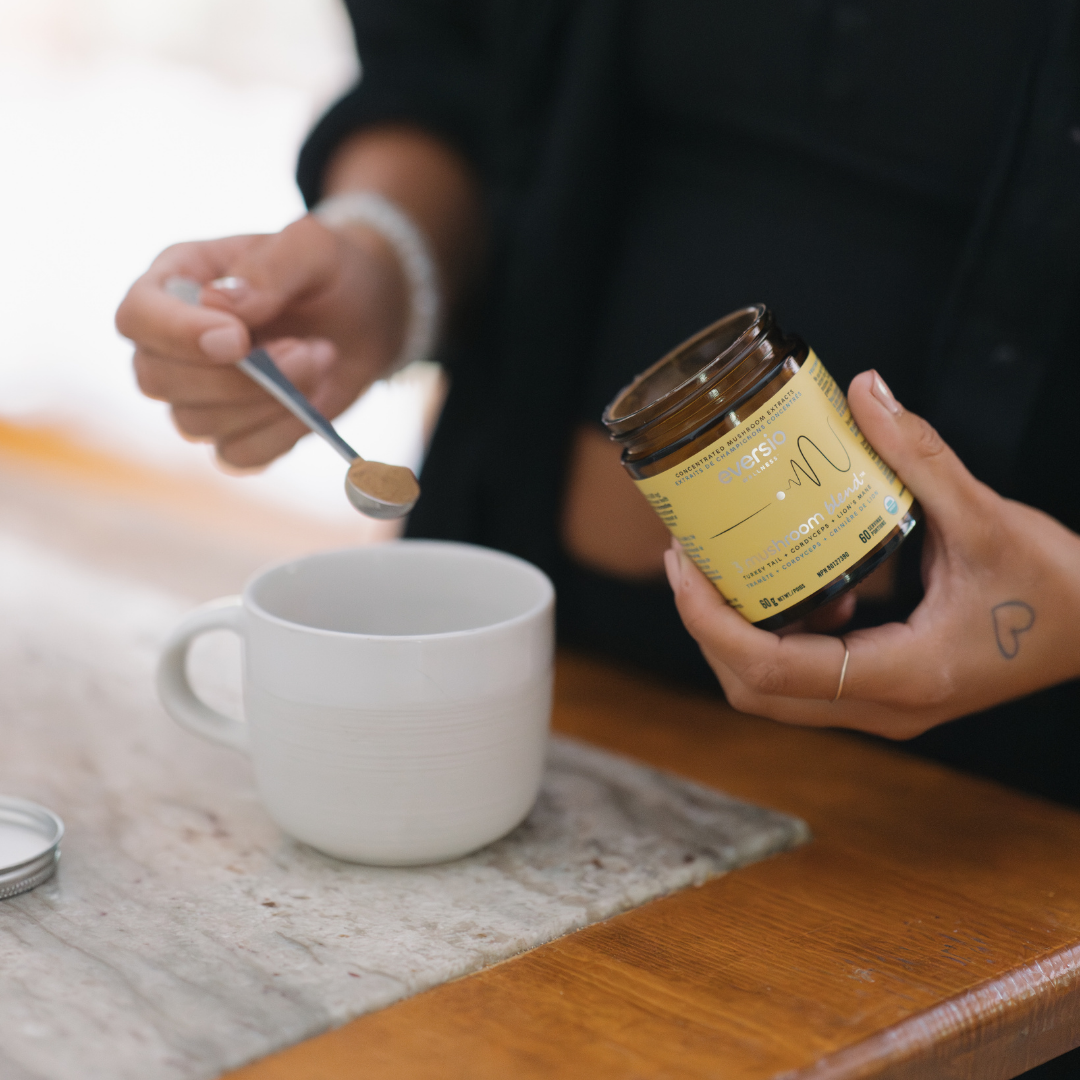

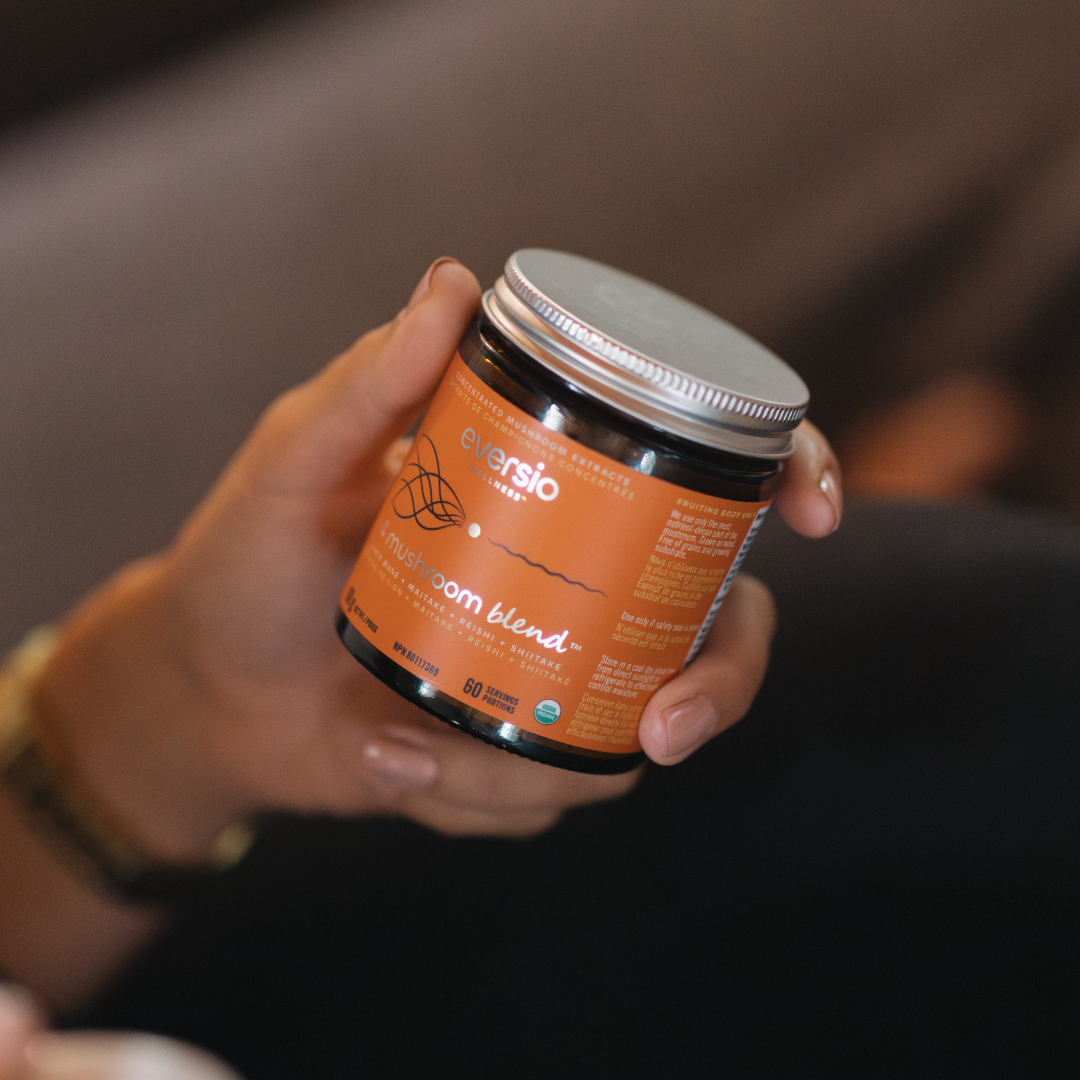

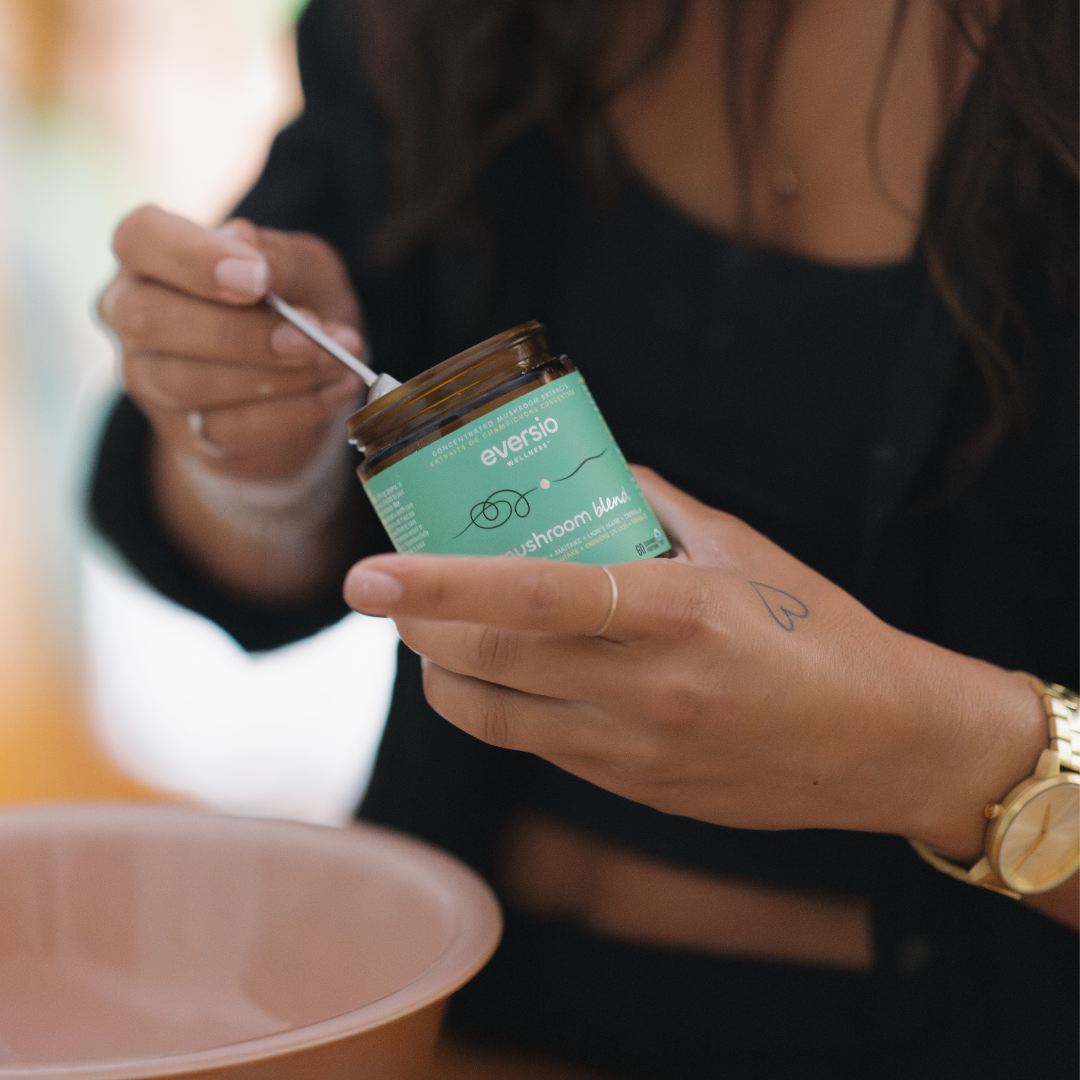

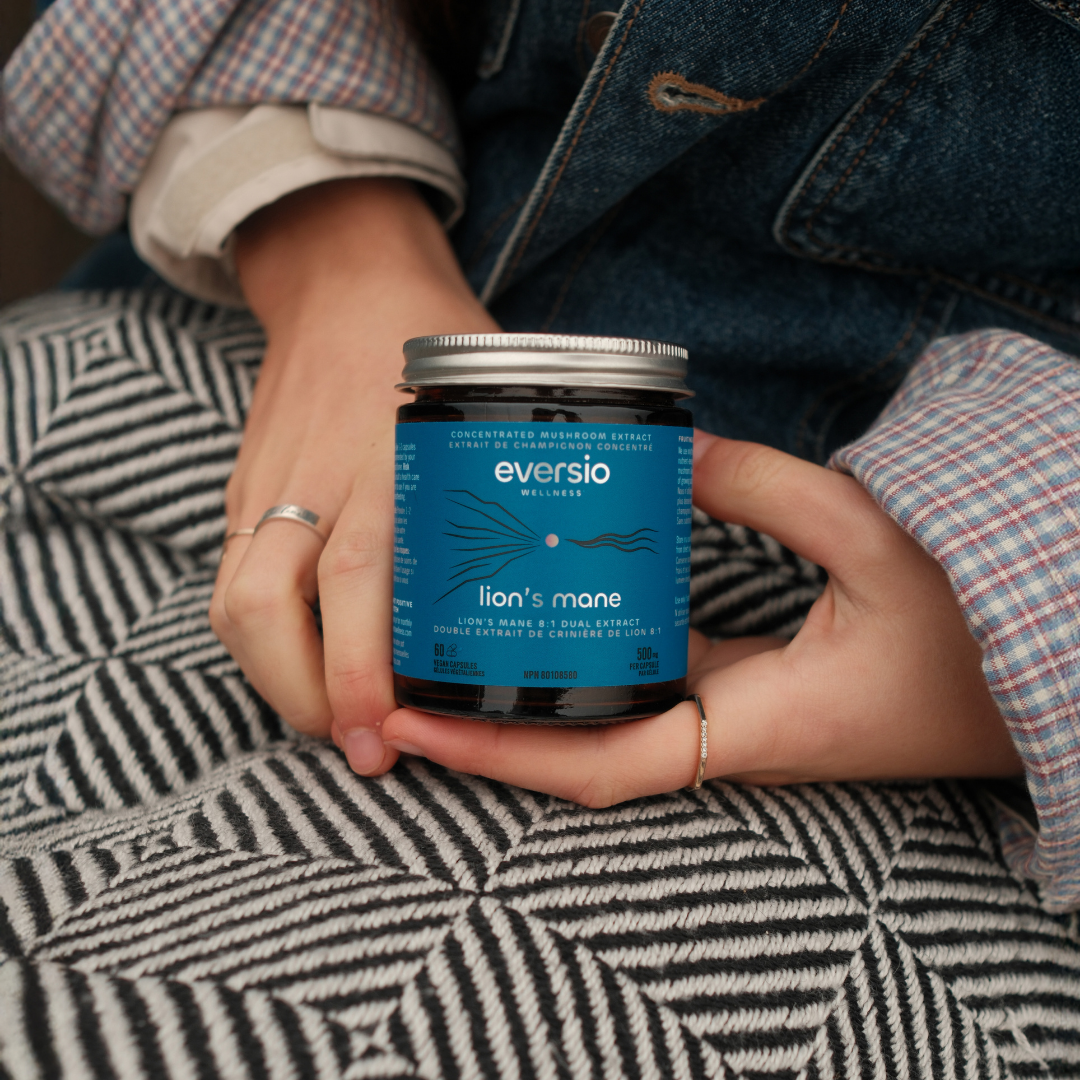


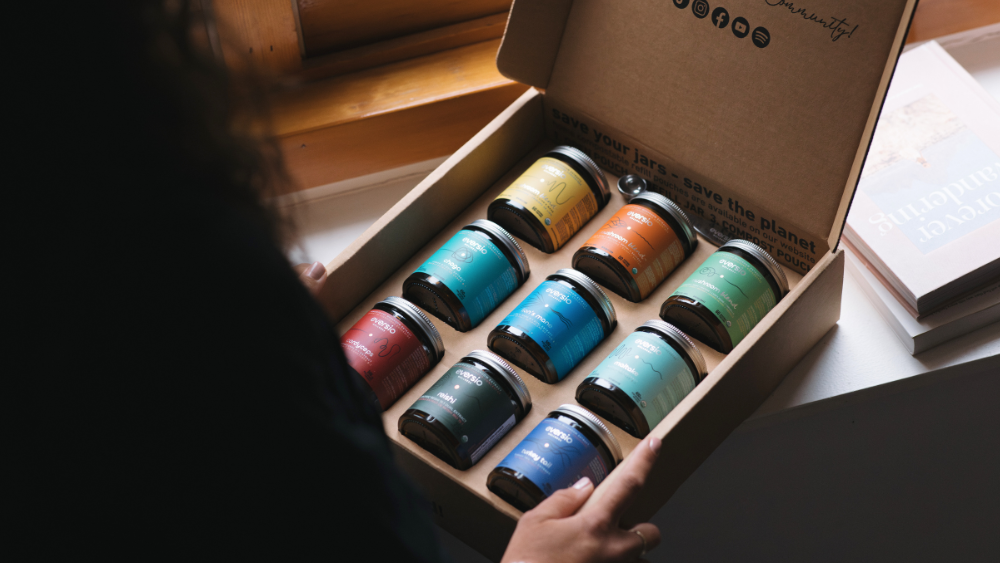







Leave a comment
All comments are moderated before being published.
This site is protected by hCaptcha and the hCaptcha Privacy Policy and Terms of Service apply.